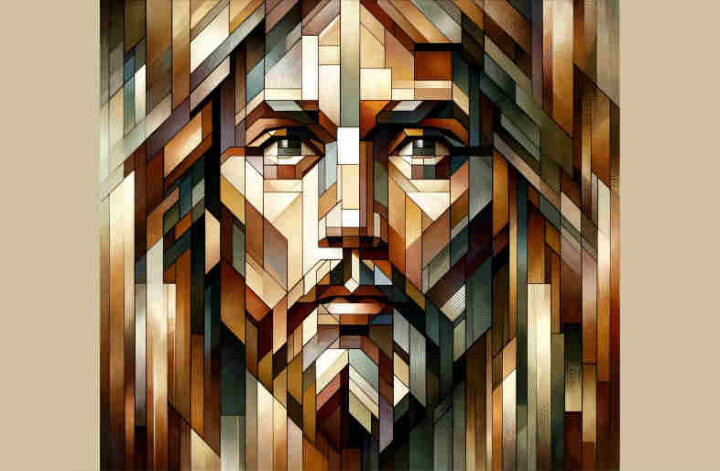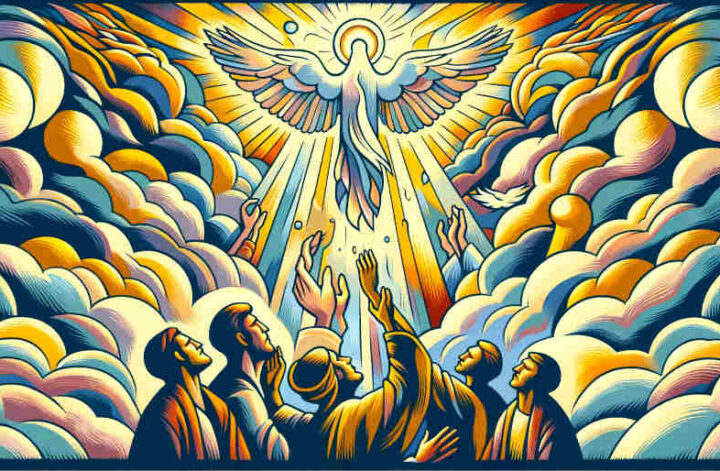Dear Theophilus,
Recently, I’ve been pondering the notion of coincidence and whether everything happens for a reason. This has led me to wonder about the Christian perspective. Do Christians believe in coincidence, or is there a greater divine plan at work in all things?
Peace and grace,
Valerius
The Christian Understanding of Providence and Coincidence
Dear Valerius,
Your question is a thoughtful one and touches upon the divine providence and sovereignty—a subject that has long been discussed within Christian theology.
Providence in Christian Doctrine
Many Christians believe in the doctrine of providence, which holds that God is actively involved in the world and orchestrates all events within His creation to fulfill His purposes. This belief is based on scriptural passages that affirm God’s sovereignty and care, such as “And we know that in all things God works for the good of those who love him, who have been called according to his purpose” (Romans 8:28).
Differing Views on Divine Intervention
Within Christianity, there is a range of beliefs about how God interacts with the world. Some Christians may see God’s hand in every event, believing that there are no coincidences, as everything unfolds according to God’s specific plan. Others may acknowledge that while God is sovereign, He allows for free will and chance events, viewing some coincidences as happenstance within God’s permissive will.
Coincidence and Free Will
Those who hold to a view of free will assert that humans can make genuine choices that are not pre-determined. While God remains sovereign and His ultimate purposes are sure, this view allows for events that may seem coincidental from a human perspective.
The Mystery of God’s Work
It is also common for Christians to see the mystery of God’s work in what may initially appear as coincidences, believing that God can use all situations, even seemingly random ones, for His purposes and our growth. As such, they may be more inclined to seek meaning and divine presence in everyday occurrences.
Conclusion
In summary, Valerius, the Christian belief system accommodates a range of understandings about coincidence and divine providence. While firmly upholding the sovereignty of God, Christians may differ in their interpretations of how this sovereignty interacts with the randomness and choice inherent in the human experience.
May your reflections on this matter lead you to a deeper awareness of the divine presence in all aspects of life.
In the wisdom of the Spirit,
Theophilus


